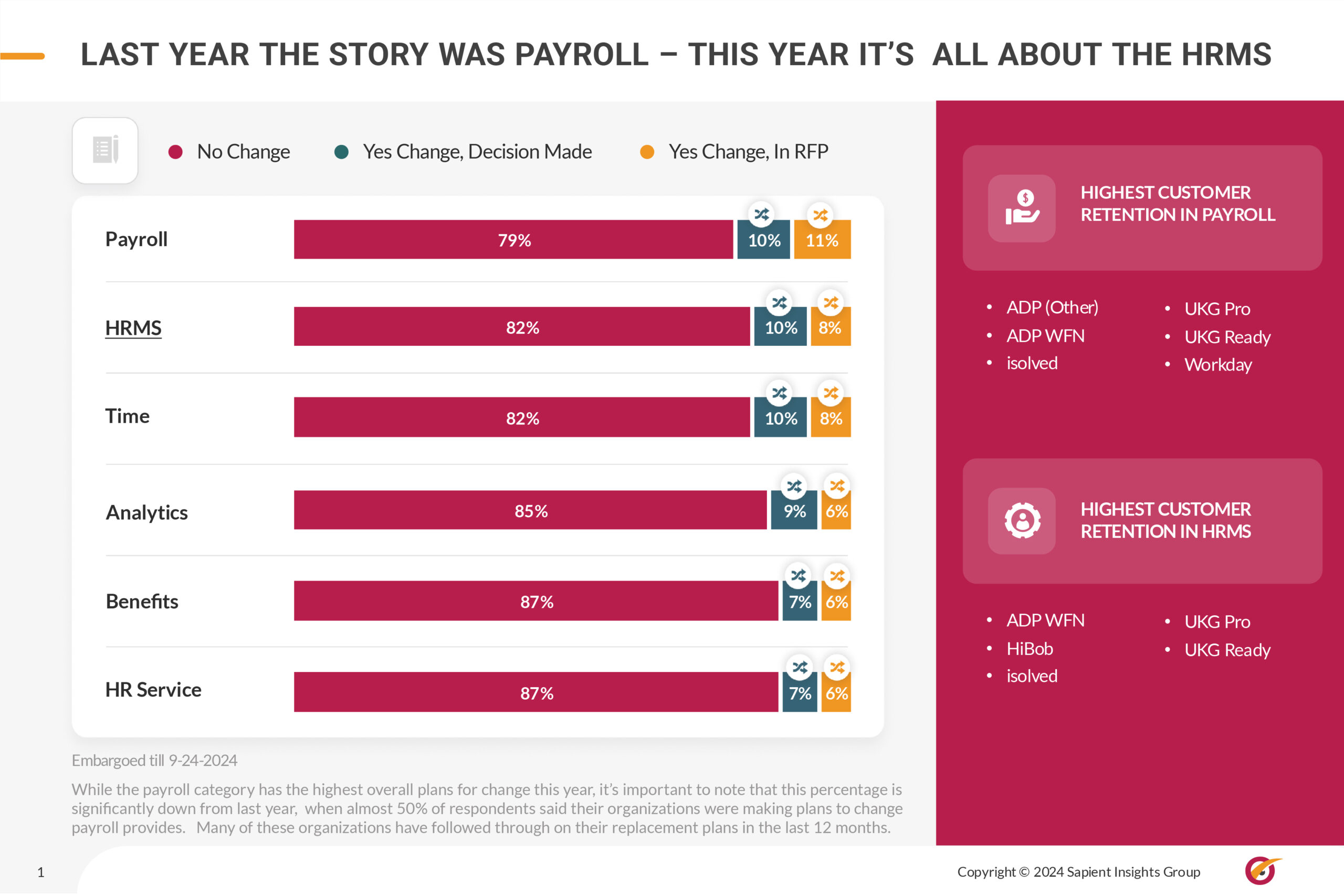Putting employees first and keeping them engaged during a crisis
- HRM Asia Newsroom

Since the World Health Organisation officially declared COVID-19 a pandemic on March 11, the total number of COVID-19 cases has surged past 3 million worldwide, affecting over 200 countries and territories.
Few could have imagined this. More than a global health crisis, the prolonged outbreak is posing serious threats to economies. Across industries, businesses are already reeling from the wide-ranging impact of the outbreak and are juggling a multitude of employee safety and business continuity measures.
With changes and uncertainties abound, it is critical for employees and employers to work cohesively to get through this crisis together. In particular, businesses who put their people first will be rewarded.
Together with a robust and effective business continuity plan in place – which includes telecommuting policies, flexible performance and talent management plan, and digital training options and more – the ability to balance this speaks volumes about the company’s ability to navigate with nimbleness and to innovate to meet changing needs.
Building resilience among employees through proactive communication and targeted initiatives have never been more important. Leaders who are able to inspire purpose and confidence through this crisis will further strengthen their company culture and brand reputation.
Lead with empathy and transparency
Given the enormity and evolving nature of this pandemic, leaders may inevitably find themselves pulled in different directions and overlook what truly matters in their home ground.
Employees too, have emotions and fears. By conveying care and concern towards their employees and acknowledging their anxieties, leaders who put their people before profit, will be remembered for their compassion long after the crisis.
This starts with having protective measures in place to care for employees’ safety, availing access to resources that can help them navigate emotional and financial stress, and consider special arrangements for staff who are more vulnerable, as well as for working parents juggling work from home and childcare arrangements.
Leaders who involve their employees and share regularly on how the company is supporting them, will further deepen employee relationships and foster a high-trust culture.
Embrace flexible work arrangements
Once considered a bonus proposition for employers looking to attract the next-generation workforce that favours flexibility and mobility, remote working and staggered work hours have quickly proven its necessity and relevance, particularly in times of crisis.
Even though Flexible Work Arrangements (FWA) were faced with considerable resistance and some doubts on their effectiveness, they are here to stay, and will only extend to more industries over time. Apart from keeping business running through uncertain times, FWA can help companies to build their employer branding beyond the crisis.
Besides setting clear expectations for FWA and expected deliverables, employers can utilise digital tools to provide timely feedback and manage team communication. Clearly, there is no better time than now to embrace FWA and recognise the positive effects they have on employees’ morale and productivity.
Connect virtually and creatively
But what about the downside? The lack of in-person support and a conducive work environment are some of the challenges employees faced with FWA.
Apart from holding all-company meetings online, businesses can explore creative ways to engage their employees. These can range from virtual coaching and training, to informal ‘get-togethers’ like virtual happy hours and coffee catchups, so employees can unwind and connect with their colleagues.
For example, instead of the usual lunch and learn activities that were held physically at MSIG office, we have changed the format to e-talks to maintain staff wellness.
As we make the transition to operating as virtual teams, employees may feel the stress of having to adapt to new technology and the demands of being ‘always-on’. Identifying healthcare resources to help them cope with virtual workplace stress or showing them appreciation through digital rewards and recognition can build a stronger employee community.
People and relationships need to be managed with care during these trying times. By keeping employees engaged and motivated towards a common goal, businesses will be ready for future challenges that will arise from the aftermath of the outbreak. This crucial period will be a real test and will differentiate companies who can quickly adapt, overcome obstacles and rebuild themselves.






